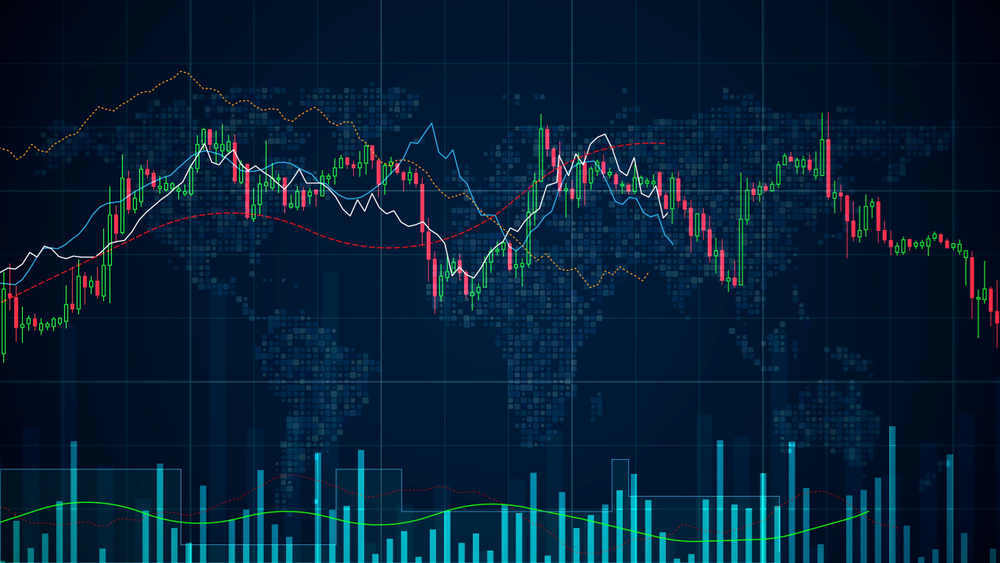Trading financial markets has captivated the imagination of investors worldwide, presenting lucrative opportunities for those who successfully navigate its complexities. Within this realm, binary options and forex trading stand out as two distinct yet alluring options, each promising unique rewards and challenges. This article delves into the intricacies of binary options vs. forex trading, providing an in-depth analysis of their core distinctions, potential returns, and suitability for different investor profiles.

Image: odinforexrobotreview.blogspot.com
**Binary Options: A Simplified Approach to the Markets**
Binary options trading presents traders with a simplified entry point into the financial markets. Unlike traditional trading, where traders speculate on the direction and magnitude of an asset’s price movement, binary options involve predicting whether an asset’s price will close above or below a specified level at a set expiry time. This “all-or-nothing” nature makes binary options appealing for those seeking quick and – often substantial- profits. However, the potential for significant losses should not be underestimated.
**Forex Trading: The Interplay of Currencies**
Forex trading, short for foreign exchange trading, takes traders to the heart of global financial markets. This vast and ever-evolving arena entails speculating on the exchange rate fluctuations between different currencies. Unlike binary options, forex trading offers traders greater flexibility in managing their positions, allowing for more nuanced strategies and potential profits. With its vast trading volume and varied currency pairs, forex trading attracts a diverse range of participants, from individual speculators to multinational corporations.
Key Distinctions: Navigating the Differences
Expiry Time and Payouts: Binary options contracts have short, finite expiry times ranging from minutes to hours, resulting in a rapid turnover of profits or losses. Forex trades, on the other hand, can remain open for extended periods, enabling traders to capitalize on long-term market trends or short-term volatility.
Risk and Reward: Binary options trading involves a higher degree of risk than forex trading, reflecting the binary nature of the contracts. Traders either receive a fixed payout or lose their entire investment, amplifying the potential for significant losses. In contrast, forex trading offers a broader spectrum of risk-return profiles, allowing traders to tailor their strategies based on their risk appetite and market conditions.
Regulation and Accessibility: The regulatory landscape surrounding binary options varies globally, with some jurisdictions imposing stricter controls to protect investors. Forex trading, due to its widespread acceptance, is generally more regulated and accessible, providing traders with a more secure environment in which to operate.
Choosing the Right Path: Suitability and Considerations
The choice between binary options and forex trading largely depends on an investor’s risk tolerance, trading style, and long-term objectives. Binary options can appeal to those seeking a riskier, short-term approach to potentially generate quick returns, while forex trading aligns well with those seeking a more measured and potentially long-term trading strategy.
Regardless of the chosen path, it is imperative to approach trading with proper knowledge, cautious decision-making, and a realistic understanding of the risks involved. Adequate education, risk management techniques, and disciplined trading practices will enhance your chances of achieving success in these dynamic financial markets.

Image: finfowe.com
Binary Option Vs Forex Trading

Image: jobloving.com
Conclusion: Embracing Informed Trading Decisions
Binary options and forex trading present distinct opportunities and challenges within the vast realm of financial markets. While both have their own merits and benefits, the decision between the two ultimately rests on one’s individual risk tolerance, trading style, and long-term financial goals. By delving into this article, you have gained invaluable insights into the core distinctions between these two trading avenues. Remember to approach any market with due diligence, sound trading practices, and a commitment to continuous learning. May your trading endeavors be marked by prudence, discipline, and a deep understanding of the markets you navigate.






